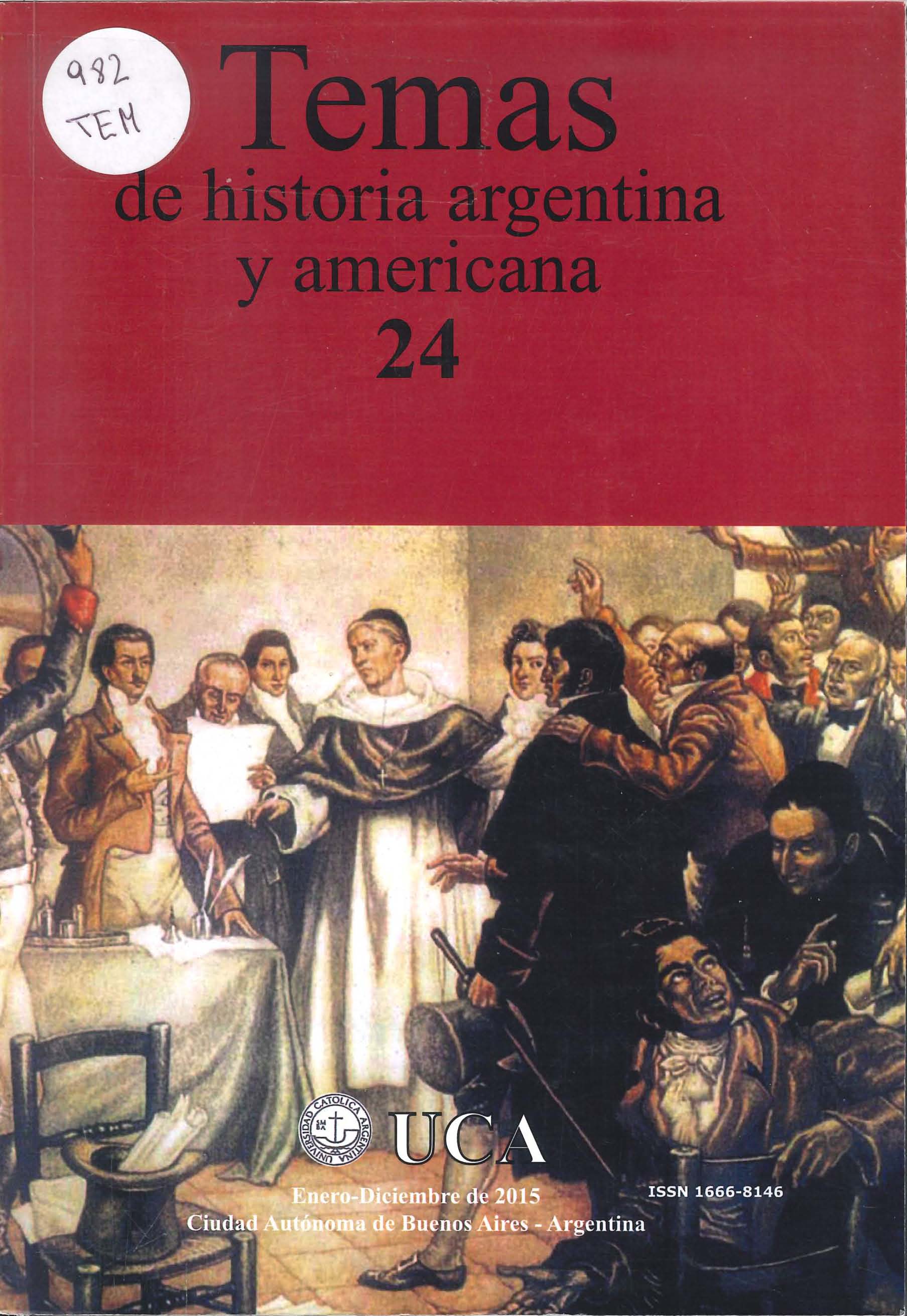La facultad de perdonar: conmutación de penas y división de poderes
Keywords:
Commutation of sentences, death penalti, State-building process, Province of Buenos Aires, JudiciaryAbstract
In the second half of the 19th century the acceptance of the division of powers, separation of morality and religion of the law and the absolutism of the law, they were answering to a project where the just thing was being defined by the legislation and the administration of justice was seeking to be conceived as independent power. In this context, the power to forgive, inherited from the Spanish monarchy as the king attribution, went to the people, sovereign in the democratic system, which delegated it in its representatives. But a conflict was generated then between the need to modernize the criminal justice system, the abolition of the death penalty and the relationship between the branches of government. The aim of this article is to understand and measure the meaning of this power to forgive that it was granted to the governor of the province of Buenos Aires in 1877, when the law was passed regulating the allocation of executive power to commute sentences.
Downloads
References
Abelardo Levaggi, “Las instituciones de clemencia en el derecho penal rioplatense”, IV Congreso Internacional de Historia del Derecho Indiano, en: Biblioteca Jurídica del Instituto de Investigaciones Jurídicas, Universidad Nacional de México, Núm. 101-102 Enero – Junio, 1976, p. 243.
Francisco Tomás y Valiente, El derecho penal de la Monarquía Absoluta (Siglos VVIIXVIII), Madrid, Editorial Tecnos, 1969, pp. 397-405.
Downloads
Published
How to Cite
Issue
Section
License
Copyright (c) 2024 María Angélica Corva

This work is licensed under a Creative Commons Attribution-NonCommercial-ShareAlike 4.0 International License.























